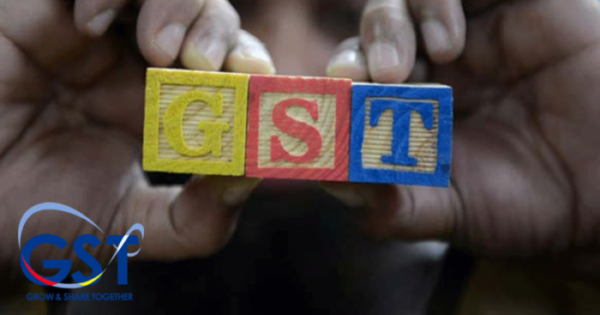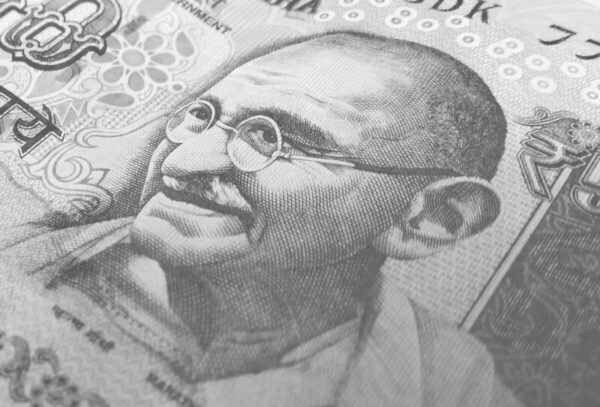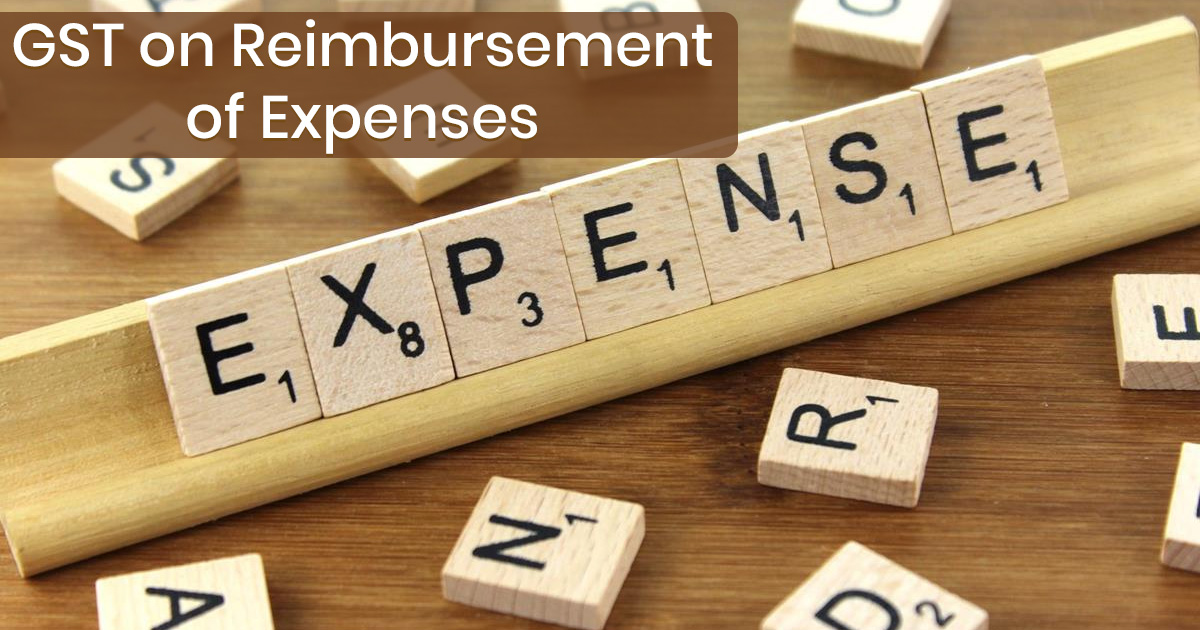1. Introduction
Time of supply is nothing but a different name for “Point of Taxation” which was used under service tax law and denotes the time when the charging event has occurred. Provisions regarding determination of time of supply are mandated under Section 12 for Goods and Section 13 for Services. Section 14 of the CGST Act,2017 comes into play for determining the time of supply of goods as well as services in cases of change in rate of tax.
2. Importance of Time of Supply
The importance of time of supply can gauged from the fact that as per Section 12(1) / 13(1) of CGST Act,2017 liability to pay tax on goods / services arises at the time of supply, as determined in accordance with the provisions of section 12 and 13. Accordingly any delay in determining of time of supply would result in delay in payment of tax and consequential levy of interest which may affect the business margins and cash flows adversely.
Further the time of supply determines the ‘rate of tax’ applicable on any supply. It also determines the due date of filing of GST returns as well as due date of payment of tax.
The time of supply also plays key role in determining the rate of exchange applicable for determination of value of supply in light of Rule 34 of the CGST Rules, 2017 which is briefed as under:
–For Goods: Applicable rate of exchange as notified by CBIC u/s 14 of the Customs Act , 1962 for the date of time of supply of such goods u/s 12 of the CGST Act.(Rule 34(1) of the CGST Rules).
–For Services: Applicable rate of exchange determined as per generally accepted accounting principles (GAAP) for the date of time of supply of such services in terms of Sec 13 of the CGST Act. (Rule 34(2) of the CGST Rules).
3. Case Studies
For understanding of the concept and related nuances of time of supply we have come up with case studies series on time of supply, Part 1, which comprises of five case studies is as under:
Case Study 1:
Service was provided and invoice issued in June, 2017 for Rs 1,00,000/- (plus service tax Rs 15,000/-) and service tax thereon was paid. Payment of this amount has been received in July, 2017. Any GST implications?
As the service was provided / point of taxation was attracted in pre GST regime and service tax thereon already paid, there will be no GST implications, even if the amount is received in July, 2017. In this regard it is important to note that as per Section 142(11)(b) of the CGST Act,2017, notwithstanding anything contained in Section 13, no tax shall be payable on services under this Act to the extent the tax was leviable on the said services under Chapter V of the Finance Act,1994.
Case Study 2:
Service was provided in June, 2017 of value of Rs 1,00,000/-. However invoice was issued as well as payment was received in July, 2017. Which tax shall be levied on above viz service tax or GST?
In this case although the service was provided in pre GST regime but as neither the invoice was issued nor the payment was received in June, 2017, the point of taxation was not attracted and liability for payment of service tax was not crystallised and thus provision of Section 142(11)(b) of the CGST Act,2017 is not triggered here. The invoice has been issued as well as payment received in GST regime and accordingly the time of supply gets attracted under GST regime and thus said transaction will be subject to GST.
Case Study 3:
Advance of Rs 1,00,000/- (plus service tax Rs 15,000/-) towards a service was received in June, 2017 and service tax thereon was paid. Service rendered in July, 2017 along with issue of invoice of Rs 1,20,000/-. Suppose GST now is 18%. How much tax and which tax is to be charged in the tax invoice raised?
In this case the liability for payment of service tax on advance of Rs 1,00,000/- was crystallised under service tax regime. As per Section 142(11)(b) of the CGST Act,2017, notwithstanding anything contained in Section 13, no tax shall be payable on services under this Act to the extent the tax was leviable on the said services under Chapter V of the Finance Act,1994. As tax on the advance amount of Rs 1,00,000/- was leviable under service tax regime, said amount cannot again be taxed under GST regime even in case the actual supply and issuance of invoice is issued in GST regime. However GST will be payable on the balance invoice amount of Rs 20,000/-.
In this regard it is important to note that in case VAT as well as service tax was applicable on above advance then Section 142(11)(c) of the CGST Act,2017 will be triggered which mandates that where tax was paid on any supply under Vat Act and Chapter V of the Finance Act, 1994, tax shall be leviable under this Act and the taxable person shall be entitled to take credit of the VAT or service tax paid under the existing law to the extent of supplies made after the appointed date by filing Table 11 of TRAN-1 as per Rule 118 of the CGST Rules,2017.
Recently the Tamilnadu AAR has in the case of Shapoorji Pallonji and Company Private Limited vide Order No. 03/ARA/2020 Dated 31.01.2020 has adjudged that the Mobilisation advance to the extent received prior to the implementation of GST towards supply of Works Contract Service is not to be subjected to GST as per the provisions of Section 142(11)(b) of the CGST Act 2017. The Transitional Provisions under Section 142(11)(c ) is not applicable to the case at hand.
Case Study 4:
Renting of motor vehicle services provided by non body corporate to a body corporate in September, 2019 but:
a) Invoice issued and payment recd in Oct,19.
b) Invoice issued in Sep,19 , however payment recd in Oct,19
c) Payment recd in Sept,19 however Invoice issued in Oct,19
Whether in above cases tax will be payable under forward charge or reverse charge considering that renting of motor vehicle services in such cases have been covered under reverse charge w.e.f. 01.10.2019 vide Notification No. 22/2019- Central Tax (Rate) dated 30.09.2019.
Case a): As invoice as well as payment has been received in October, 2019, the liability to pay tax was not crystallized in Sept, 2019 in the hands of the supplier as per the provisions of Section 13(2) of the IGST Act,2017 and accordingly in this case reverse charge mechanism will be applicable and GST will be required to paid under reverse charge mechanism by the recipient after determining the time of supply as per the provisions of Section 13(3) of the IGST Act,2017.
Case b): As invoice has been issued in September, 2019, the liability to pay tax as per time of supply provisions was crystallized in Sept, 2019 in hands of supplier itself as per the provisions of Section 13(2) of the IGST Act, 2017 and accordingly in this case reverse charge mechanism will not be applicable and GST will be required to paid by the supplier.
Case c): As payment was received in September, 2019, the liability to pay tax as per time of supply provisions was crystallized in Sept, 2019 in hands of supplier itself as per the provisions of Section 13(2) of the IGST Act, 2017 and accordingly in this case reverse charge mechanism will not be applicable and GST will be required to paid by the supplier.
Case Study 5:
Whether TOS required to be determined in following cases?:
a) Services by an employee to the employer
As per para 1 of Schedule III of the CGST Act, 2017 services by an employee to the employer in the course or in relation to his employment is treated neither as a supply of goods nor supply of services. As there is no supply in transaction, the question of determining time of supply does not arise.
b) Loan of Rs 1 lakh given by Bank to Mr X
GST is a tax on supply of goods or services or both. Money has been excluded both from the definition of goods (Sec 2(52))as well as services (Sec 2(102)) and therefore there is no supply when loan of Rs 1 lakh is given by Bank. Thus in such a case time of supply is not required to be determined. However processing fee, if any charged by Bank would be subject to GST and its time of supply would be required to be derived.
c) Sale of land and completed building
As per para 5 of Schedule III of the CGST Act, 2017 sale of land and completed building is treated neither as a supply of goods nor supply of services. As there is no supply in transaction, the question of determining time of supply does not arise.
d) Sale of alcoholic liquor
Sale of Alcoholic liquor is a supply as per Section 7 of the CGST Act, 2017. However same has been excluded from levy of GST as per charging Section 9(1) of the CGST Act, 2017 thus same shall not be subject to GST. Such supply would be regarded as non-GST supply and time of supply would be required to be determined for disclosure of amount of non-GST supplies in table 8 of GSTR-1 and Table 3.1(e) of the GSTR-3B.
e) Sale of Securities
GST is a tax on supply of goods or services or both. Securities has been excluded both from the definition of goods (Sec 2(52))as well as services (Sec 2(102)) and therefore there is no supply when securities are sold. Thus in such a case time of supply is not required to be determined. However brokerage charges etc on sale of securities would be subject to GST and its time of supply would be required to be derived.
f) Service provided without consideration
As per Section 7(1)(a) of the CGST Act, 2017 for any activity to be regarded as supply , presence of consideration is must. This is subject to exceptions provided in Section 7(1)(c) read with Schedule I of the CGST Act.
Thus any service which is provided without consideration (not covered in Schedule I) will not be regarded as supply and accordingly question of determining its time of supply does not arise.
g) Exempt Supplies
The time of supply will be required to be determined as in this case supply is involved, no matter it is exempt. It is important to note here that based upon deriving of time of supply the amount of exempt supplies will be reported in Table 8 of GSTR-1 and Table 3.1 (c) of the GSTR-3B. Further this amount of exempt supplies will also be used for reversal of Input Tax Credit attributable to exempt supplies as per Section 17(2) of the CGST Act read with Rule 42 and 43 of the CGST Rules, 2017.
Hope the readers will appreciate our above attempt. Another set of 5 case studies on time of supply will be published tommorow.
***
A BIG THANKS to you for visiting our site and reading this article. Kindly provide your feedback on the above article in comment section below. Also please intimate about other GST issues on which you would require our team to pen down articles.
Doubts on GST may be lodged on ‘Ask GST query tab‘ under ‘Your GST queries’ tab on home page. National level GST experts will provide their reply on the matter raised at the earliest and same can be seen under ‘GST query resolved’ tab under ‘Your GST queries’ tab.
You can also subscribe to our free newsletter to always be updated on GST Law by filling the subscription form at home page.
TW Editorial Team comprises of team of experienced Chartered Accountants and Advocates devoted to spread the knowledge of GST amongst the various stakeholders.





2 thoughts on “Case Studies on Time of Supply under GST Law (Part-1)”
Comments are closed.